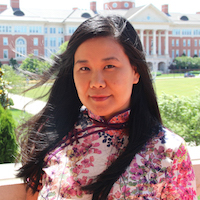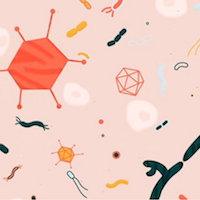
June 21, 2019 | Kohlmeier News, News, reading
June 11, 2019 -Martin Kohlmeier, MD, PhD, director of the Human Research Core at the University of North Carolina’s Nutrition Research Institute, says, “The effect of a disrupted sleep cycle on energy metabolism is real but of modest size. In the end, it’s about the practicalities of food access, convenience, and the time demands of the shift. Planning ahead is your friend.

June 6, 2019 | Cheatham News, News, reading, Voruganti News
June 3, 2019 -The UNC Nutrition Research Institute (NRI) in Kannapolis, North Carolina is looking for volunteers to help move science forward. The NRI’s mission is to advance the field of precision nutrition by investigating how genetics, gut microbiota, and environment affect an individual’s requirements for and responses to nutrients. To that end, several NRI principal investigators are currently recruiting participants for their clinical studies.

June 6, 2019 | News, reading, Sumner News
May 31, 2019 – The traditional Chinese herb Lycii Cortex (LyC), with its powerful compound kukoamine B, could be an effective nutraceutical choice for lowering blood glucose when used alone or in combination with low doses of first-line diabetes medications.

June 6, 2019 | Kohlmeier News, News, reading, Zeisel News
May 28, 2019 – Most people have this basic understanding of genetics: You inherit genes from your parents, and their DNA combines to create your unique genetic makeup. This can include more obvious traits such as eye color and height but also more complex traits that may involve multiple genes, such as risk of diseases including diabetes, heart disease, obesity and cancer, as well as all aspects of metabolism.

June 4, 2019 | News, Zeisel News
May 20, 2019 – Steven Zeisel, MD, PhD, professor in the Department of Nutrition at the UNC Gillings School of Global Public Health and director of the UNC Nutrition Research Institute in Kannapolis, N.C., was awarded the American Institute for Cancer Research’s (AICR) Distinguished Service Award at the institute’s annual meeting May 16, 2019.

June 4, 2019 | News, reading
May 20, 2019 – See where and learn how scientific discovery takes place by touring two facilities on the NC Research Campus in Kannapolis: the UNC Nutrition Research Institute and the NCSU Plants for Human Health Institute. Register today!






